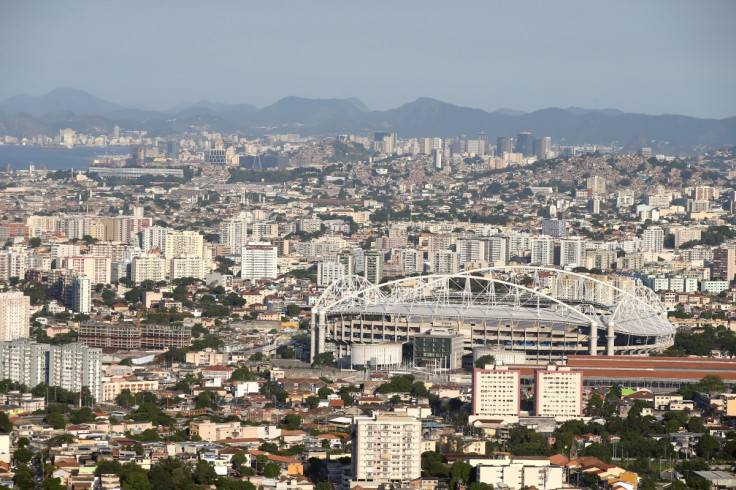Rio Olympics 2016: Zika threat dismissed by IOC as games draw close

The International Olympic Committee (IOC) does not see the need to cancel, delay or move the 2016 Olympic Games in Rio de Janeiro, Brazil, despite the potential threat of the Zika virus. Professor Amir Attaran, a public health specialist, has warned of the potential danger of the virus, but the IOC has moved to allay the fears of athletes and spectators, saying it is monitoring the situation closely.
In an article for the Harvard Public Review, Professor Attaran warned that Rio de Janeiro is more affected by Zika than anyone anticipated. He also said that one infected visitor could result in a "full-blown global health disaster", and claimed that the IOC is refusing to acknowledged the potential scale of the threat.
"If the IOC and the World Health Organisation [WHO] do not have the generosity of heart to delay the games to prevent children being born and disabled their whole lives, then they're among the cruellest institutions in the world,'' he told the Associated Press. "What I'm asking for is a bit of delayed gratification so that babies aren't born permanently disabled."
Despite this, the IOC – which adheres to the advice of the WHO – said it currently had no intention of postponing or relocating the games in Rio, which are due to start on 5 August.
"The clear statements from WHO that there should be no restrictions on travel and trade means there is no justification for cancelling, delaying, postponing or moving the Rio games,'' said IOC medical director Richard Budgett.
"The IOC will continue to monitor the situation very closely and work with the WHO, and we're confident as we've been advised by the experts that the situation will improve over the next three months."
In a further statement, the IOC explained it has a plan in place to deal with the threat of mosquitoes, while the body also pointed out that mosquitoes should not be so abundant during the months of August and September, which fall in Brazil's winter.
© Copyright IBTimes 2024. All rights reserved.





